
1. Loaded with nutrients
Chickpeas feature a noteworthy nutrient composition.
They have a moderate calorie count, delivering 269 calories per cup (164 grams). Roughly 67% of those calories are from carbohydrates, with the remainder coming from protein and fat.
Chickpeas are also rich in various vitamins and minerals and supply a solid amount of both fiber and protein. A 1-cup (164-gram) portion of cooked chickpeas contains:
- Calories: 269
- Protein: 14.5 grams
- Fat: 4 grams
- Carbs: 45 grams
- Fiber: 12.5 grams
- Manganese: 74% of the Daily Value (DV)
- Folate (vitamin B9): 71% of the DV
- Copper: 64% of the DV
- Iron: 26% of the DV
- Zinc: 23% of the DV
- Phosphorus: 22% of the DV
- Magnesium: 19% of the DV
- Thiamine: 16% of the DV
- Vitamin B6: 13% of the DV
- Selenium: 11% of the DV
- Potassium: 10% of the DV
As shown, this legume is especially rich in the mineral manganese and the B vitamin folate.
SummaryChickpeas provide a moderate amount of calories along with numerous vitamins and minerals. They’re also a reliable source of fiber and protein.
2. May help you stay satisfied
The protein and fiber found in chickpeas can help curb your hunger.
These nutrients slow down digestion, which promotes a feeling of fullness. Additionally, protein can boost levels of hormones that reduce appetite in your body (, 3, , ).
Indeed, the satiating impact of chickpeas’ protein and fiber may naturally lead to lower calorie consumption.
One trial compared hunger and calorie intake in 12 women who consumed two different pre-meals.
Before one test meal they had 1.25 cups (200 grams) of chickpeas, and before the other they consumed 2 slices of white bread. The chickpea preload produced a marked decrease in appetite and calorie intake compared with the white bread preload.
Another small trial reported that participants who nibbled on pretzels paired with chickpea-based hummus for an afternoon snack experienced a 70% drop in appetite and a 30% rise in fullness.
Still, additional research is needed to confirm chickpeas’ effects on appetite control.
SummaryHigh in protein and fiber, chickpeas may enhance satiety and help reduce the calories you eat at meals.
3. High in plant protein
Chickpeas are an excellent source of plant-derived protein, making them particularly valuable for people who avoid meat or animal products.
A 1-cup (164-gram) serving supplies about 14.5 grams of protein, similar to other legumes like black beans and lentils.
The protein in chickpeas can contribute to feeling full and help regulate appetite. Protein is also important for weight control, bone health, and muscle maintenance.
Some research indicates that chickpea protein quality may be superior to that of certain other legumes since chickpeas contain all essential amino acids except methionine.
Because of that, they’re considered an incomplete protein. To obtain the full range of amino acids, pair chickpeas with a whole grain that supplies methionine, such as quinoa.
SummaryChickpeas offer substantial protein that may support weight control and bone health and are especially useful for those following plant-based diets.
4. May aid weight management
Chickpeas could help with weight control because they promote feelings of fullness.
Their protein and fiber content may suppress appetite, which can reduce caloric intake during meals.
One study found that people who regularly consumed chickpeas were 53% less likely to have a body mass index (BMI) above 30 and tended to have smaller waist sizes than those who didn’t eat chickpeas.
While BMI is commonly used to gauge health, remember it has limitations.
Another review reported that participants who consumed at least one daily serving of legumes, including chickpeas, lost 25% more weight than those who avoided legumes.
Although these results are encouraging, more human trials are warranted.
SummaryWith their fiber and protein and relatively low calorie density, chickpeas may help you maintain a healthy body weight.
5. May support blood sugar control
Chickpeas could help stabilize blood sugar through several mechanisms.
First, they have a relatively low glycemic index (GI), meaning they raise blood sugar more slowly after eating. Diets high in low-GI foods have been linked to better blood sugar management.
Moreover, the fiber and protein in chickpeas help moderate blood sugar responses.
Soluble fiber slows carbohydrate absorption, resulting in a gradual increase in blood sugar rather than a quick spike. Protein-rich foods can also assist in maintaining stable blood sugar.
In one small experiment, consuming 1.25 cups (200 grams) of chickpeas reduced post-meal blood sugar increases by up to 36% compared with eating 2 slices of white bread.
An earlier 12-week study found that 45 individuals who ate four 10.5-ounce (300-gram) cans of chickpeas weekly experienced a meaningful drop in fasting insulin, an important marker for blood sugar regulation.
Additionally, several studies have linked chickpea consumption with lower risk of conditions like diabetes and heart disease, effects often attributed to their blood-sugar-lowering properties.
SummaryWith a low GI and ample fiber and protein, chickpeas have qualities that support healthy blood sugar regulation.
6. May aid digestive health
Chickpeas are loaded with fiber, which provides multiple benefits for digestion.
The majority of chickpea fiber is soluble, meaning it dissolves in water to form a gel-like material within the digestive tract.
Soluble fiber can boost populations of beneficial gut bacteria and help prevent overgrowth of harmful microbes. This may reduce the risk of certain digestive disorders, such as irritable bowel syndrome (IBS) and colon cancer.
One review also suggests chickpeas may support digestive health by improving the frequency, ease, and consistency of bowel movements.
SummaryRich in fiber, chickpeas support digestion by promoting regular bowel movements and increasing beneficial gut bacteria.
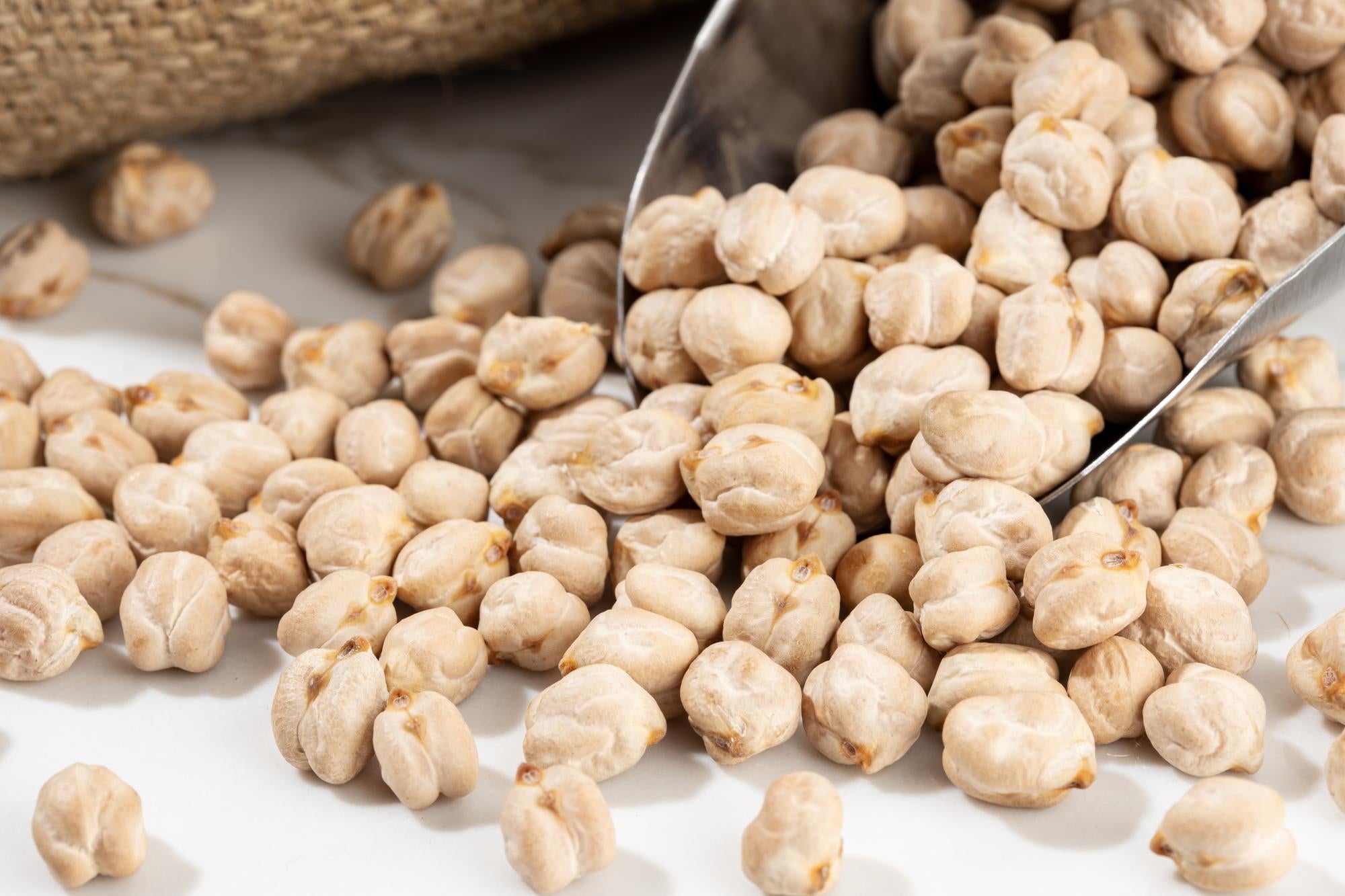
7. May lower the risk of certain chronic conditions
Chickpeas may help decrease the likelihood of several long-term health problems.
Heart disease
Chickpeas supply minerals like magnesium and potassium that can help maintain healthy blood pressure — a major factor in heart disease prevention (, 20, ).
The soluble fiber in chickpeas has also been shown to lower triglycerides and LDL (bad) cholesterol, elevated levels of which raise heart disease risk.
A review of 26 studies found that consuming at least one serving per day of legumes, including chickpeas, may significantly reduce LDL (bad) cholesterol.
Cancer
Some evidence indicates regular chickpea consumption may reduce risk for certain cancers.
Chickpeas may encourage production of butyrate, a fatty acid that can reduce inflammation in colon cells and potentially lower colon cancer risk.
They also contain saponins, plant compounds that have been studied for their potential to inhibit tumor growth and help prevent some cancers.
Additionally, chickpeas provide vitamins and minerals — including B vitamins — that have been associated with reduced risks of cancers such as breast and lung.
Type 2 diabetes
Chickpeas may help both prevent and manage type 2 diabetes thanks to their blood sugar–modulating effects.
The fiber and protein in chickpeas help blunt rapid blood sugar rises after eating, which is key to diabetes control.
Their low glycemic index makes them suitable for people with diabetes, since they’re unlikely to cause significant blood sugar spikes.
They’re also a source of nutrients linked to lower diabetes risk, such as magnesium and B vitamins, and their zinc content may also play a role in diabetes management.
SummaryChickpeas may help protect against several chronic diseases, including heart disease, certain cancers, and type 2 diabetes.
8. May support brain function
Owing to their nutrient density, chickpeas may benefit cognitive function and mental well-being.
They’re a good source of choline, a nutrient that plays a key role in brain function.
Specifically, choline is needed to form certain neurotransmitters, the chemical messengers used by nerve cells. While choline is especially crucial for infants, its precise role in adult health requires more study.
Chickpeas also provide a solid amount of magnesium, an essential mineral for nerve function.
Moreover, research indicates several nutrients present in chickpeas — including magnesium, selenium, and zinc — may help guard against depression and anxiety.
However, more human research is necessary.
SummaryChickpeas contain nutrients that may benefit brain health, such as choline, magnesium, selenium, and zinc.
9. May help prevent iron deficiency
Chickpeas are a strong source of iron, supplying about 26% of the DV in a 1-cup (164-gram) serving.
Iron is essential for producing red blood cells and is involved in growth, brain development, muscle metabolism, and other bodily functions.
Insufficient iron can impair the body’s ability to create healthy red blood cells, possibly leading to iron deficiency, which causes symptoms like weakness, fatigue, and shortness of breath.
Therefore, chickpeas are an excellent choice for people at higher risk of iron deficiency, such as vegans and vegetarians.
Chickpeas also include some vitamin C, which can enhance iron absorption.
SummaryChickpeas are rich in iron and may help protect against iron deficiency.
10. Affordable and easy to include in meals
Chickpeas are simple to incorporate into your eating routine.
They’re inexpensive and commonly available in both canned and dried forms. With their high protein content, they’re a useful meat alternative for vegetarian and vegan diets.
Chickpeas are versatile and can be added to salads, soups, sandwiches, and more.
They’re the primary ingredient in hummus, a spread made from mashed chickpeas, tahini, olive oil, lemon juice, salt, and garlic.
You can also roast chickpeas for a crunchy snack or use them in veggie burgers and tacos.
SummaryChickpeas are cheap and delicious in many dishes. They’re the base of hummus and serve well as a protein-rich meat substitute.
The bottom line
Chickpeas aren’t just an essential hummus ingredient or a tasty addition to stews.
They’re highly nutritious, offering vitamins, minerals, fiber, and protein. These qualities can aid weight control, blood sugar balance, and brain health while lowering the risk of chronic conditions like heart disease and some cancers.
To add chickpeas to your diet, try roasting them for a snack or tossing them into a salad.

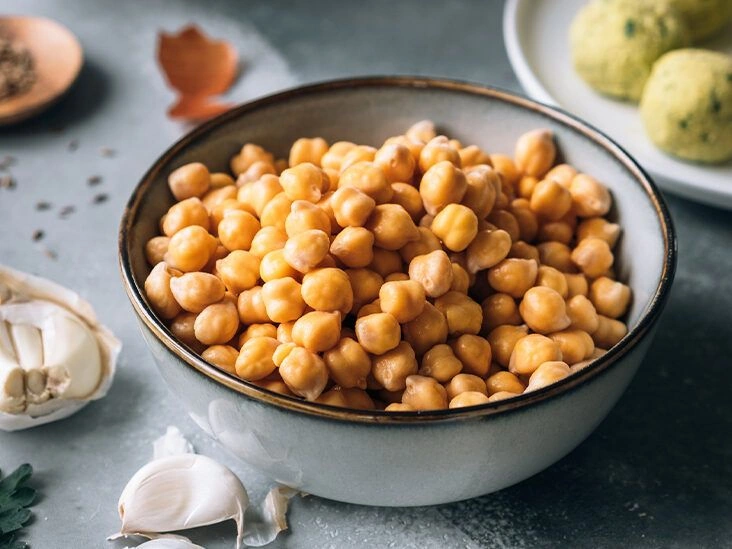

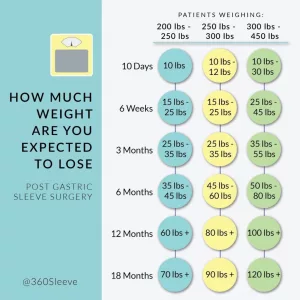





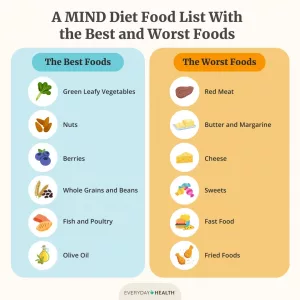





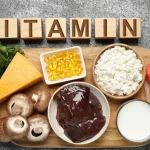







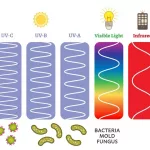

Leave a Reply
You must be logged in to post a comment.